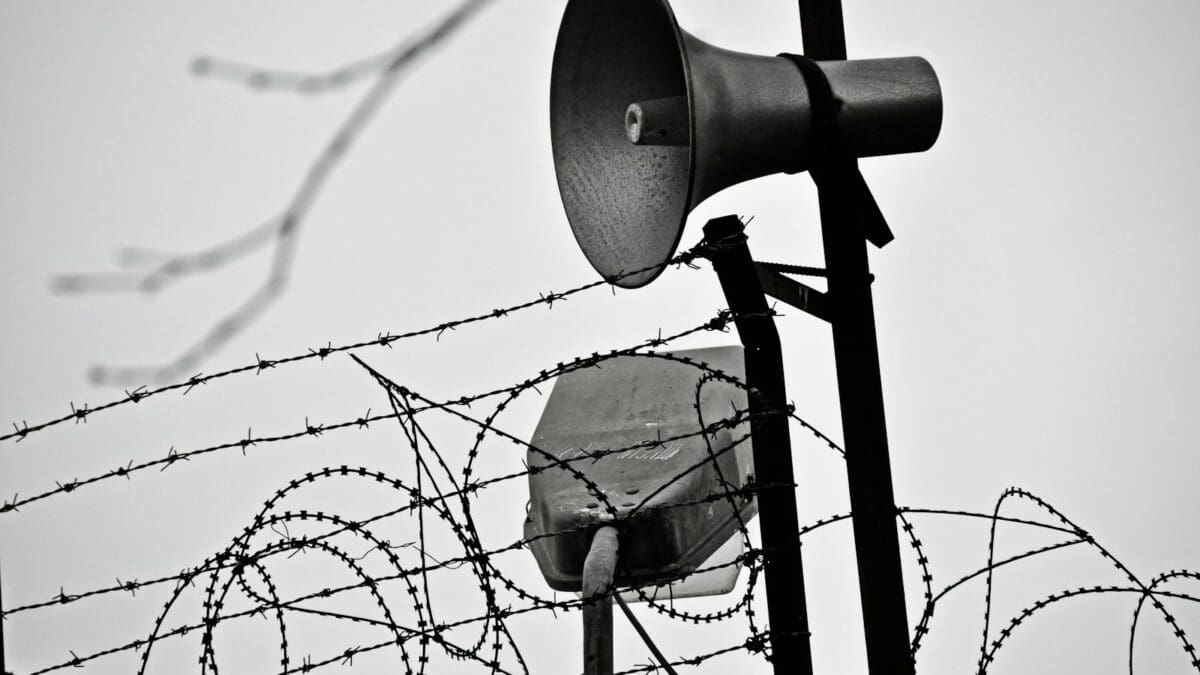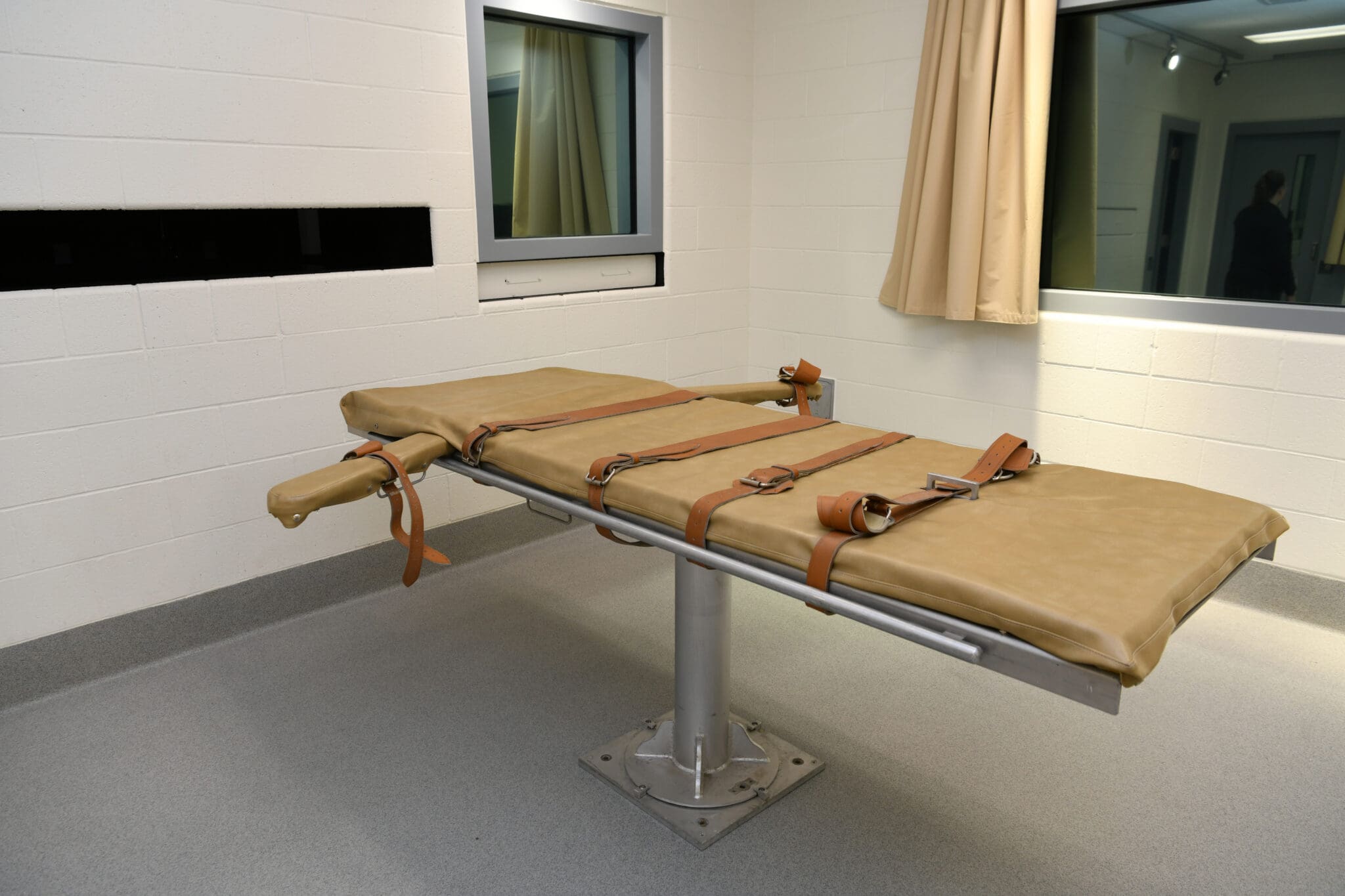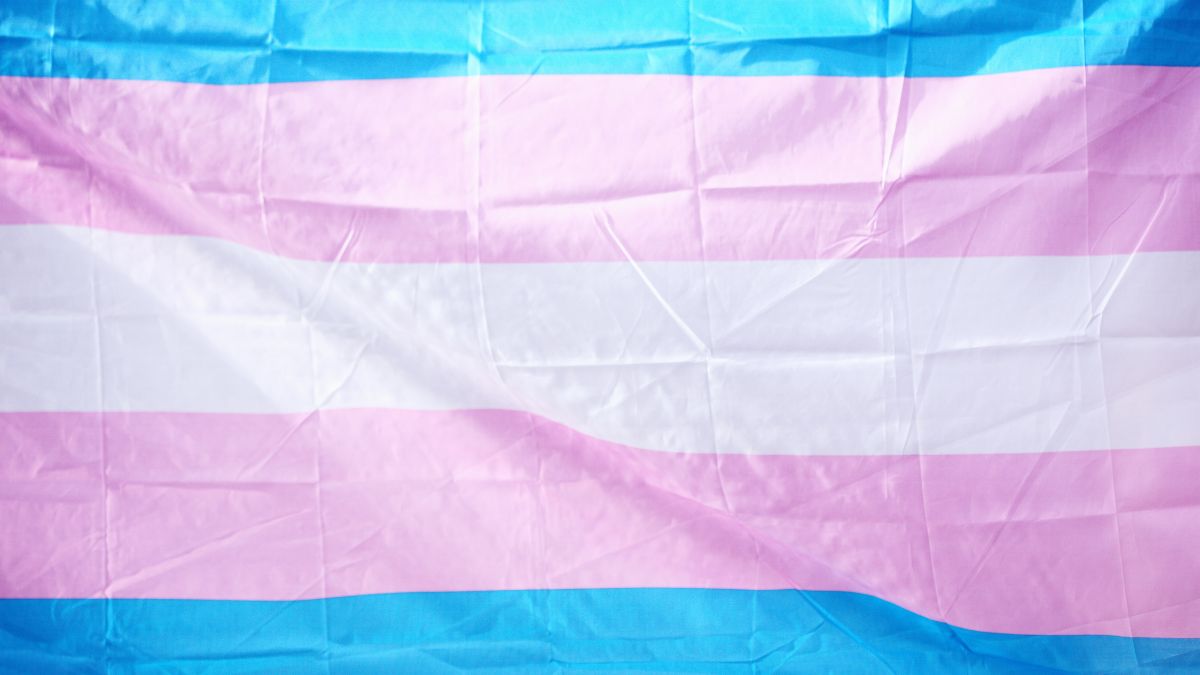News
Utah prison discriminated against transgender woman, Department of Justice finds

Photo: Unsplash // Ahmet Demiroğlu
'By not allowing me this opportunity to live my life as a woman, who I believe I am and have lived life for many years,' the prisoner wrote in her ADA complaint
SALT LAKE CITY — The Utah Department of Corrections came under fire Tuesday for discriminating against a transgender inmate who the U.S. Department of Justice said was driven to harm herself after she was repeatedly denied hormone therapy in violation of the Americans with Disabilities Act.
A federal investigation found that the state corrections department imposed “unnecessary barriers” to block the incarcerated trans woman from receiving treatment for intense gender dysphoria. The woman’s psychological distress, which doctors attributed to a mismatch between her birth sex and her gender identity, worsened significantly while she was incarcerated in a men’s prison, according to the Justice Department report.
After nearly two years of fighting for access to hormones and other gender-affirming accommodations, she performed a dangerous self-surgery to cut off her own testicles.
Now, the DOJ is demanding immediate policy changes and anti-discrimination training for all Utah correctional officers to protect other inmates from future harm. The state agency also will be required to pay damages to the trans inmate, who was not identified in the report. The dollar amount had not been set as of Tuesday.
Brian Redd, executive director of the Utah Department of Corrections, pushed back against the discrimination allegations and said he was disappointed by the investigators’ approach. He did not indicate whether the agency would comply with the DOJ’s demands.
“We have been working to address this complex issue and were blindsided by today’s public announcement from the Department of Justice,” Redd said in a statement. “We have also taken steps on our own and as a state to address the needs of inmates while maintaining the highest safety standards.”
Gender dysphoria falls within the ADA’s definition of disability, meaning correctional facilities cannot deny medically appropriate care for people with the condition, according to a 2022 federal court ruling.
“All people with disabilities including those who are incarcerated are protected by the ADA and are entitled to reasonable modifications and equal access to medical care, and that basic right extends to those with gender dysphoria,” said Kristen Clarke, assistant attorney general of the DOJ’s Civil Rights Division.
The department’s investigation revealed that Utah corrections officers had unnecessarily delayed the woman’s hormone treatment even as her mental health worsened. She was made to jump through procedural hoops not required for other medical conditions and had to gain approval from a committee that DOJ Disability Rights Chief Rebecca Bond said included some members with a clear bias against transgender people.
Bond described the committee as the “gatekeeper” of care and criticized the state corrections department in a letter Tuesday for involving both medical and non-medical staff, even though the committee’s only role is to handle requests for medical care.
When they finally approved the inmate for hormone therapy more than 15 months after her initial request, federal investigators found that they failed to take basic steps to ensure it was administered safely.
Although taking estrogen can help trans women develop some desired physical features, such as breasts, it also increases their risk of developing a potentially life-threatening blood clot in the legs or lungs. Experts at the Endocrine Society, which represents specialists who treat hormone conditions, say such treatments require close medical supervision.
Utah prisons assign incarcerated people to either male or female housing based solely on their sex at commitment, which the DOJ found is determined by a visual search of the inmate’s genitals. The woman made repeated requests to be housed individually or with other women, but all those requests had been denied, according to the investigation.
Federal investigators say the prison did not make reasonable accommodations to assure her safety while surrounded by male inmates and staff. The state agency also prevented her from buying bras, makeup and women’s underwear at the commissary and required pat searches by male corrections officers, even as she began to develop breasts.
“By not allowing me this opportunity to live my life as a woman, who I believe I am and have lived life for many years,” she wrote in her ADA complaint, “the prison is causing me such mental stress.”
BY HANNAH SCHOENBAUM



















